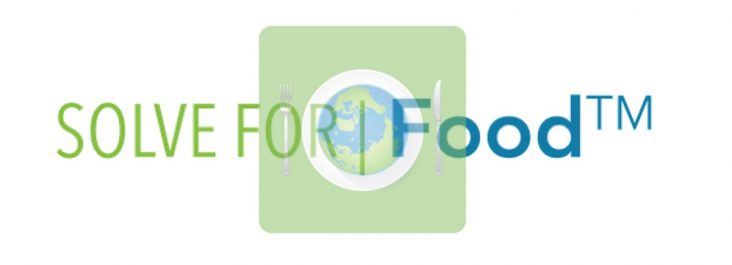Solve For Food secures investor for new food innovation center
by September 7, 2017 4:31 pm 888 views

Denver-based fresh food startup Solve For Food has secured an initial investor — IV Ventures — in its mission to raise $13 million in capital to construct a food innovation center in Northwest Arkansas. Details of the investment were not disclosed.
IV Ventures President Brandon Ivie said Solve For Food’s approach will “revolutionize the way industry produces, and the market consumes packaged foods.
“We really believe in the Solve For Food mission and strategy to develop more nutritious packaged foods … and we share their passion for game-changing technology. The value they will provide to the industry is core to our own mission,” Ivie said.
The startup’s management announced last spring the mission to build the company’s first food innovation center that will work with food companies on production innovation services that use Microwave Assisted Thermal Sterilization (MATS) food preservation technology.
This week the startup said securing this initial investor brings it closer to building the 20,000-square-foot center in Northwest Arkansas. The company plans to break ground for the new center next year. Before then, Solve For Foods will continue to focus on technology and service offerings and has also committed to a sponsorship with the reThink Food Conference in November with support from MIT Labs and the Culinary Institute.
Greg Spragg, CEO of Solve for Food, told Talk Business & Politics more funds will be needed before the company can build, but the initial undisclosed investment will get the company further along the path toward site selection for the project.
Plans for the new center include product innovation kitchens and a MATS commercial scale food production system capable of producing up to 10 million packages a year. The company said consumer packaged goods brands and food startups alike will have access to Solve For Food’s concept-to-consumption strategy services including the center’s staff of culinary and food science experts, FDA process authorities, and branding and packaging strategists. The goal is to help food companies develop and produce healthy, clean label and shelf-stable packaged foods.
“We really haven’t seen much in the way of innovation in shelf stable food production and processing in 200 years,” said Spragg. “By pairing our concept-to-consumption strategy services with access to MATS technology, we’re lowering the barrier to entry for the CPG industry to make the leap to a better product for consumers.”
Spragg said MATS technology reduces the time packaged food is exposed to high heat, which allows nutrients and flavors to remain intact and eliminates the need for additives and enhancers. He said industry-wide access to efficiency-enhancing technology and providing healthier food to consumers are top priorities for Solve For Food.
When Talk Business & Politics first reported on the venture in early 2016, the startup had plans to raise $6 million. Spragg said Thursday the scope was broadened after deciding the plant would need to include some co-manufacturing capabilities aside from the original plan which was mainly research and development. Spragg said the company continues to work with its local advisory board and is going about its fundraising organically.
“Our goal is to provide an effective disruption to old industry processing channels, leave a smaller carbon footprint, and get more nutritious foods to the consumer – whether in the store, or to an urban or rural food desert,” said Keith Larson, chairman of Solve For Food.
Larson told Talk Business & Politics the company began eyeing Northwest Arkansas early last year for the company’s first food innovation center because the region is small enough to allow industry groups are closely connected and it’s been a cradle of innovation and entrepreneurship for generations.
“There are a number of food companies located in Northwest Arkansas, there is a great university also working on fresh innovation and of course Walmart’s presence is important given the emphasis they are making on fresh, clean label and healthier-for-you foods,” Larson told Talk Business & Politics.
